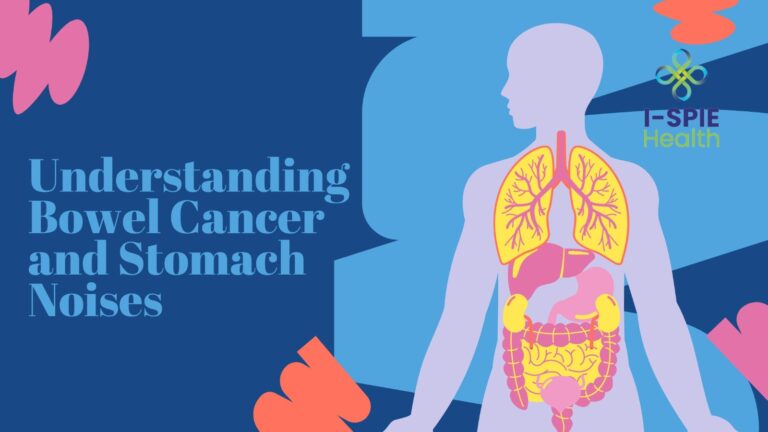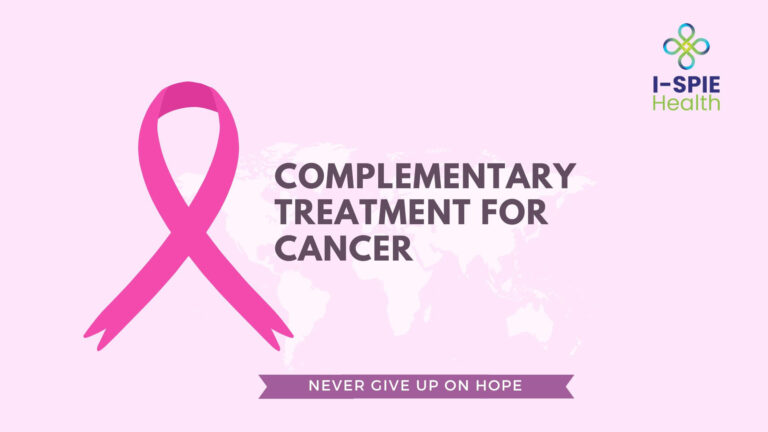Surviving thyroid cancer is a significant milestone, but it also marks the beginning of a new journey. Post-treatment life involves managing physical health and emotional well-being, as well as adjusting to new routines. This comprehensive guide provides practical tips and insights to help you thrive as a thyroid cancer survivor, offering advice on medical follow-ups, lifestyle changes, and support networks to ensure a fulfilling life after cancer.
Understanding Thyroid Cancer and Survivorship
Thyroid cancer originates in the thyroid gland, located at the base of your neck. It’s one of the most treatable forms of cancer, with a high survival rate. However, living as a thyroid cancer survivor involves ongoing care, regular medical check-ups, and lifestyle adjustments to maintain health and prevent recurrence.
Emotional and Psychological Well-being
Coping with the Emotional Impact
The end of cancer treatment can bring a mix of relief and anxiety. It’s normal to feel uncertain about the future. Many survivors experience a range of emotions, including fear of recurrence, depression, and stress. Seeking professional help from a therapist or counselor can be beneficial. Cognitive-behavioral therapy (CBT) and mindfulness practices have been proven effective in managing anxiety and depression. Don’t hesitate to reach out to mental health professionals for support.
Importance of Mental Health Support
Joining a support group, either in-person or online, can provide a sense of community and shared understanding. The American Cancer Society offers resources and support networks that connect you with fellow survivors. Sharing experiences with others who understand what you’re going through can be incredibly comforting and empowering.
Regular Medical Follow-ups
Importance of Regular Check-ups and Monitoring
Regular follow-ups are crucial for monitoring your health post-treatment. These visits often include physical exams, blood tests, and imaging tests to detect any signs of recurrence. Regular monitoring helps catch any issues early, ensuring timely treatment and better outcomes.
Understanding Follow-up Tests and Procedures
Follow-up care usually involves blood tests to measure thyroglobulin levels, which can indicate the presence of thyroid cancer cells. Neck ultrasounds are commonly performed to check for lymph node abnormalities. Radioactive iodine scans may also be used to detect residual thyroid tissue or cancer. Understanding these procedures helps you prepare for them and reduces anxiety.
Communicating with Your Healthcare Team
Maintain open communication with your healthcare providers. Discuss any new symptoms or concerns promptly and keep a record of your medical history and test results. Regularly update your doctor on any changes in your health, and don’t hesitate to ask questions about your follow-up care plan.
Managing Long-term Side Effects
Common Long-term Side Effects of Thyroid Cancer Treatment
Survivors may experience various long-term side effects, such as fatigue, changes in weight, hormonal imbalances, and dry skin. Understanding these side effects helps in managing them effectively and improves your quality of life.
Strategies for Managing Fatigue, Hormone Levels, and Other Effects
Regular exercise, a balanced diet, and adequate rest are vital for managing fatigue. Hormonal imbalances are often managed with thyroid hormone replacement therapy. Ensure you take your medication as prescribed and have regular blood tests to monitor hormone levels. Staying hydrated and using moisturizers can help manage dry skin.
Healthy Lifestyle Choices
Importance of a Balanced Diet
A diet rich in fruits, vegetables, lean proteins, and whole grains supports overall health. Consult with a nutritionist to create a balanced diet plan that meets your nutritional needs. Pay attention to your iodine intake, as it can affect thyroid function.
Recommended Physical Activities
Engage in regular physical activity tailored to your ability and interests. Activities like walking, swimming, and yoga can improve physical and mental health. Exercise helps manage weight, reduces fatigue, and enhances overall well-being.
Maintaining a Healthy Weight
Maintaining a healthy weight reduces the risk of recurrence and other health issues. If needed, work with a nutritionist to develop a personalized eating plan. Regular exercise and mindful eating practices are key to achieving and maintaining a healthy weight.
Medication and Supplement Management
Understanding Thyroid Hormone Replacement Therapy
If your thyroid was removed or affected by treatment, you will need thyroid hormone replacement therapy. This medication helps regulate your body’s metabolism and energy levels. It’s crucial to take your medication exactly as prescribed by your doctor.
Importance of Medication Adherence
Never skip doses, and take your medication at the same time each day. Regular blood tests will help your doctor adjust your dosage as necessary. Consistent medication adherence is key to maintaining balanced hormone levels.
Discussing Supplements with Your Doctor
Before taking any supplements, discuss them with your healthcare provider to avoid interactions with your thyroid medication. Some supplements can interfere with thyroid hormone absorption, so it’s important to get professional advice.
Recognizing Signs of Recurrence
Symptoms to Watch For
Be vigilant for symptoms such as neck swelling, persistent cough, difficulty breathing or swallowing, and changes in voice. Early detection of recurrence is crucial for successful treatment.
Steps to Take if You Suspect a Recurrence
Contact your doctor immediately if you notice any unusual symptoms. Prompt evaluation and treatment can significantly improve outcomes. Regular follow-ups and staying informed about your health are essential.
Work and Financial Considerations
Returning to Work and Managing Career Changes
Discuss a gradual return-to-work plan with your employer. Make necessary adjustments to your workload and work environment to accommodate your health needs. Be open about your needs and work with your employer to find a suitable arrangement.
Navigating Health Insurance and Financial Planning
Understanding your health insurance coverage and financial options is critical. Organizations like the American Cancer Society provide resources for financial planning and assistance. Explore options for financial aid and support programs that can help manage medical expenses.
Advocacy and Raising Awareness
Getting Involved in Thyroid Cancer Awareness and Advocacy
Participate in awareness campaigns and advocacy groups to support research and resources for thyroid cancer. Your involvement can make a significant difference in raising awareness and supporting other survivors.
Sharing Your Story to Help Others
Sharing your journey can inspire and support others facing similar challenges. Platforms like blogs, social media, and support groups are excellent venues for your story. Your experiences can offer hope and guidance to those navigating their survivorship.
Living a Fulfilling Life
Pursuing Hobbies and Interests
Engage in activities that bring you joy and fulfillment. Whether it’s a new hobby or an old passion, these activities contribute to your overall well-being. Staying active and involved in meaningful activities enhances your quality of life.
Setting New Goals and Finding Purpose
Set realistic and meaningful goals that align with your new lifestyle. Finding purpose in daily activities can enhance your quality of life. Whether it’s pursuing a new career, learning a new skill, or volunteering, setting goals can provide direction and motivation.
Discover One Woman’s Journey Through Thyroid Cancer
Explore Madhavi Pariakh’s story of resilience and hope as she navigates life after thyroid cancer. From diagnosis to recovery, learn how she found strength and support along the way.
Conclusion
Living as a thyroid cancer survivor involves ongoing care and lifestyle adjustments, but it also opens the door to new opportunities and experiences. By maintaining a healthy lifestyle, staying vigilant about medical follow-ups, and seeking support when needed, you can lead a fulfilling and healthy life post-treatment. Remember, you are not alone on this journey—support and resources are available to help you every step of the way.
FAQ
How often should I have follow-up appointments?
Follow-up frequency depends on your individual case but typically includes visits every 6-12 months.
Can thyroid cancer recur after treatment?
Yes, thyroid cancer can recur, which is why regular monitoring is crucial.
What lifestyle changes should I make after thyroid cancer treatment?
Focus on a balanced diet, regular exercise, medication adherence, and mental health support.
Are there specific foods I should avoid?
Discuss dietary restrictions with your doctor, especially regarding iodine intake.
Where can I find support as a thyroid cancer survivor?
The American Cancer Society and other organizations offer support groups and resources for survivors.







One Comment